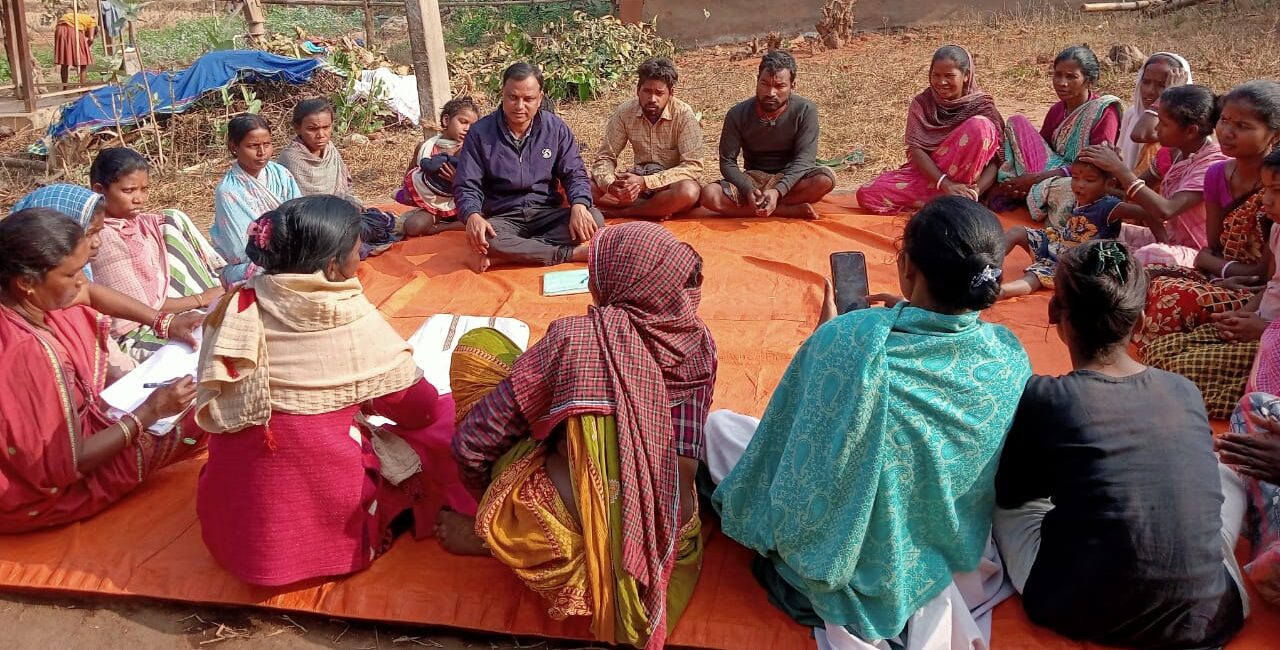
Our Approach
SPAN’s efforts for community empowerment are guided by democratic methods and participatory activities. The underlying goal is to foster responsible citizenship and community ownership, helping members identify problems and find solutions through collective action and decision-making. To achieve this, SPAN follows an 8-step process for all its programmatic interventions.
- Desk Research: Team members conduct desk research to identify key issues and regions in need of intervention.
- Interaction with the Local Body: Once the issues and regions are identified, team members engage with local governing bodies, including Panchayat and Municipal Corporations. These discussions help understand regional issues, gather secondary data, and pinpoint specific locations for intervention.
- Field Visit and Need Assessment: After research and data collection, SPAN’s team conducts field visits to the identified regions, engaging with community members and verifying the conclusions drawn from the research. A need assessment is conducted, and the team outlines the next steps.
- Stakeholder Engagement: Following the need assessment, SPAN organizes one-on-one interactions and focused group discussions with stakeholders, where the purpose of SPAN’s work and plans for the region are shared.
- Council Formation: Based on community willingness, an informal election is held to elect seven council members who will lead the community’s work alongside SPAN. This process helps instil democratic values, and council members receive hands-on training in collective decision-making.
- Benchmark Survey: In collaboration with the elected council, SPAN conducts a benchmark survey to evaluate the status of issues such as health, education, livelihoods, entitlements, employment, and skills. This step also serves to introduce the community to the Sustainable Development Goals (SDGs). After the survey, a Benchmark Report is developed based on the findings.
- Creation of Action Plan: Based on the survey findings, priorities for intervention are identified, and an action plan is developed. If necessary, training and awareness sessions are organized for both community members and council members.
- Program-Level Intervention with Council: Based on the action plan, program-level interventions are implemented. A subgroup of community members works alongside council members to conduct a gap analysis and present concerns to local government officials, seeking their support.
TARGET GROUP
Primary Beneficiaries:
- Women from the age group 25-35 Years
- Youth from the age group 15-25 Years
- Children from the age group 0-18 Years
Secondary Beneficiaries:
An extension of the beneficiaries are the families of the Primary Beneficiaries given the nature and scope of work.
Community: SC, ST, OBC, Minorities (Marginalized)
Occupation: Landless Agriculture Labor, Fishermen, Migrant labor, Tea Garden Workers, Home based workers, Domestic workers, Daily wage Labor, Animal husbandry, Ragpickers, Brick line Workers, Bidi- working Workers, and Forest produce Dependent workers.
Income Group: Socio-Economically Deprived Groups

